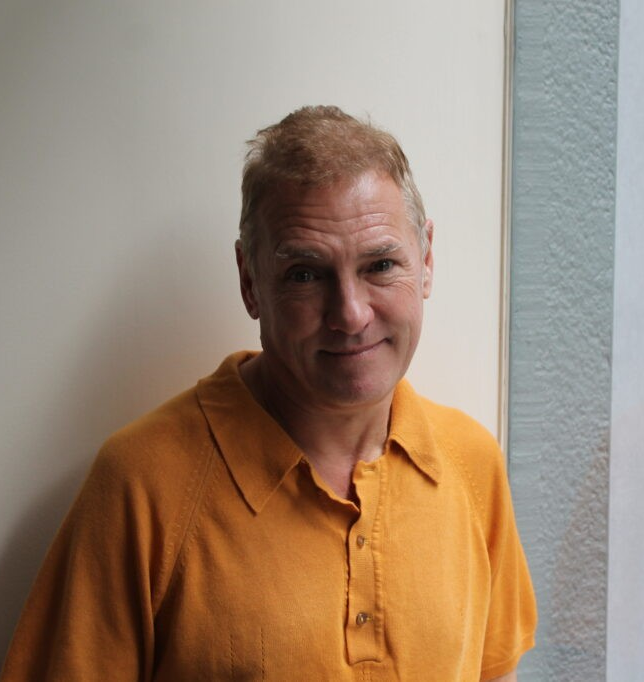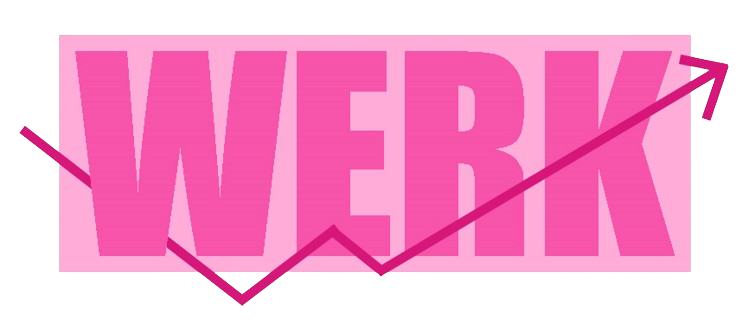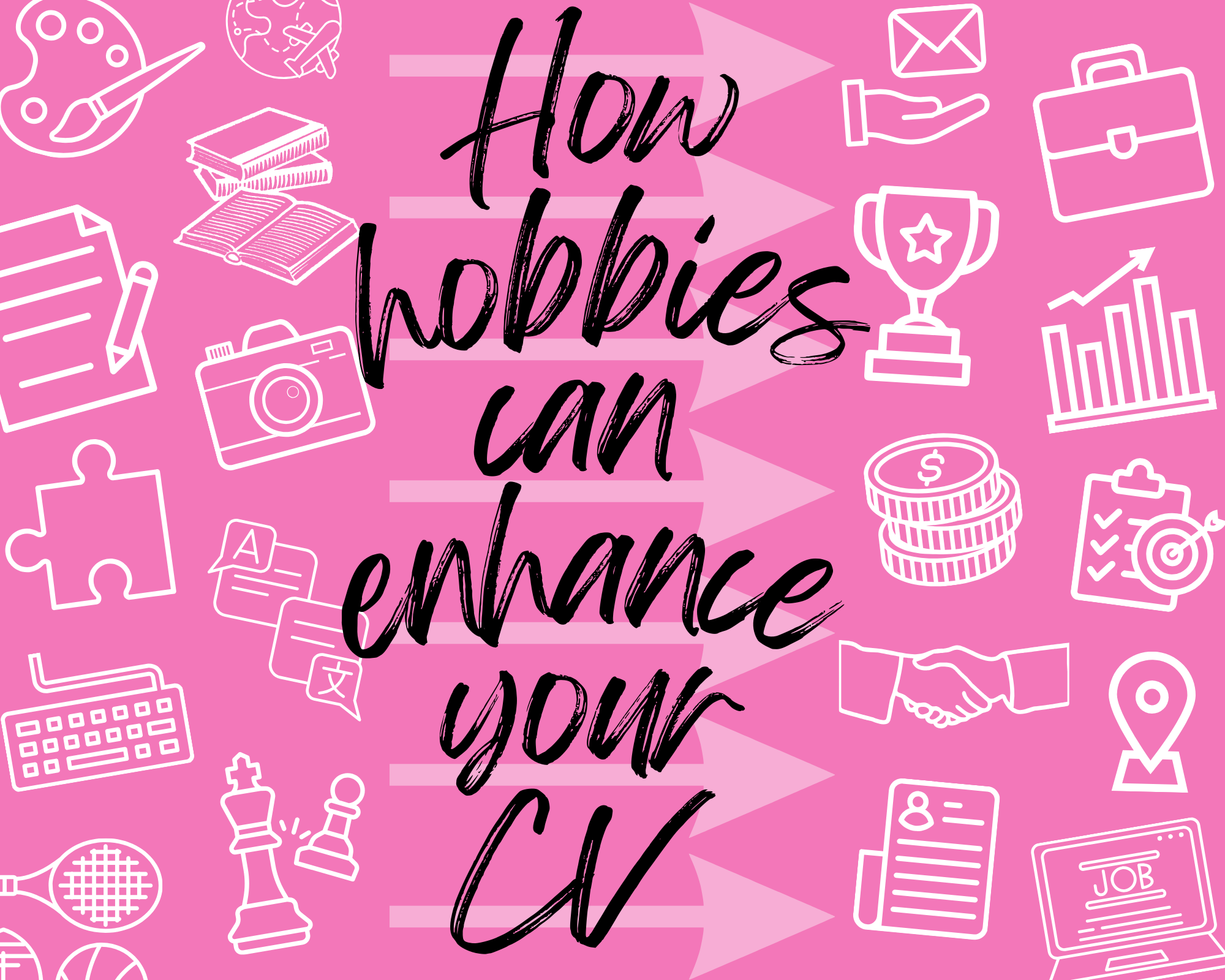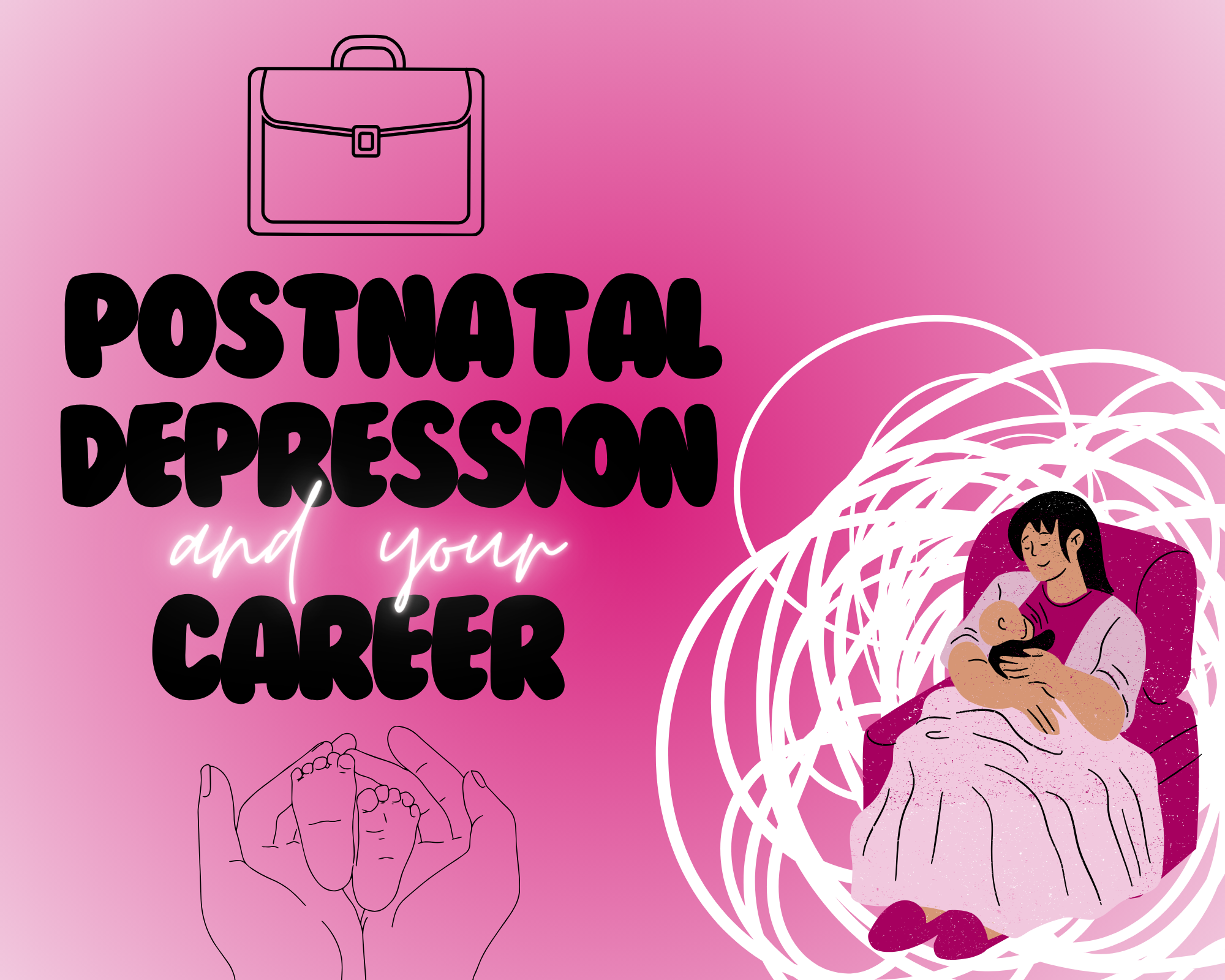Sometimes when filling out a CV it can feel like you’ve got no transferable skills to show to employers. Whether that is because you don’t have much experience in the field you’re entering or you don’t know what skills you are required to show off, the CV writing process can become daunting.
I know for me, I felt as if I didn’t have anything to stand out to employers against other candidates bar the basic training and experience in my field. This made me nervous for applications as I didn’t know what skills I could present that was relevant to my employer. But join me, alongside my previous CV mentor David Brennan, who helped me perfect my application.
The first thing Mr Brennan helped me with was how to turn skills I’d picked up from hobbies into transferable skills for the workplace. Although my field was nothing directly related to my hobby, my passion for competing in dressage riding gained me lots of skills employers would find favourable.
Through competing, I learnt how to deal with high pressure situations, which is not a skill many people applying for jobs, particularly at graduate level, might have. My ability to deal with high pressure situations could be applied to the workplace as they would have the confidence I don’t let the stressful days get under my skin and can perform under the wire.
Mr Brennan, who has employed people under his managerial role, and also successfully gained many jobs himself with his own CV, added to this with his belief that ‘active’ hobbies often boded well in impressing your prospective employers.

He said: “I think any hobbies which involve organisation and commitment are desirable. I think it has to be something where you’re active and it shows you’ve got a true passion, not enough to interfere with the workload, but something that defines you outside your career.
“I think passion is a really important part of that. Having a hobby which is making a statement that you have a passion, and you follow those passions, and where you’ve done this you’ve been relatively successful, that in itself, for me, is always a big plus.”
Any hobby you may have from sports, societies you have been a member of or any other interests you have pursued could also hold some of these transferable skills to boost your CV and stand out from the crowd.
Listing your hobbies isn’t only important to showcase skills you’ve acquired, but to tell the interviewee a little bit about yourself before they even meet you. Making yourself seem like a real life person by having your own set of interests could put your CV at the top of the pile.
Mr Brennan said: “I think it’s great to show outside your career and your educational story you’ve got something else. For years, organisations never quite realised that and they tended to recruit lots of people who were kind of like them, now there’s this idea that individuals with something different about them are valuable.
“Companies are more aware of neurodiversity now and things like that which show you don’t just need the same people with the same characteristics and mental capabilities. It’s good to have different people.”
He also went on to give an example of a candidate he interviewed himself who was involved in the promotion of a music club Mr Brennan had heard of and was interested in. This interest sparked a conversation on the topic where Mr Brennan learnt a lot of skills the candidate developed being a promoter, he thought would fit the job well which made him a ‘stand out’ candidate.
It is important to add your hobbies to your CV, because your employer may have these similar interests. Yes, you may never find out before your interview if you have any common interests with your employer, but if possible you should always try and google information about them before the interview to see if any of these interests align.
However, it is important to stay authentic. You should never pick up a hobby out of the motivation of impressing someone for an interview, as this will come across down the line in the interview, and wouldn’t that be rather embarrassing. Nobody wants to be quizzed on something they truly know nothing about when they claim to be an expert.
Mr Brennan also believes it is important to stay authentic as by displaying your interests openly and honestly, you are setting yourself up for success in finding the right job for you, not just you being the right employer for them.
He said: “Over the years, as I got more employable and could make choices I was really careful to check what I was putting on my CV to attract a positive environment to work in. Probably my biggest passion in life, apart from my work, was music and I would always put that in applications because being really into music sometimes would count against you but my thing is if it counts against you, it’s not a place I’d really like to be.
“If you don’t put down your interests, it’s not ‘authentic you’, which is the most successful you.”
When writing my own CV, I also had this concern, with the fear of being labelled the ‘office horsey girl’ I often felt like missing out my interest that consumed so much of my life. But with this advice, I realised that I would be attracting all the wrong people, and by applying my skills I’d learnt to my CV by writing this, I would attract the energy I wanted to receive.
No matter what your hobby is, it is a part of you. It may be a small part, it may be a big part, and it may have nothing to do with your line of work. However, it is still there, and if there is a way you can make it part of your own brand and use it to create transferable skills when applying for jobs, you’re making yourself all that more human on that piece of paper.
And we all know that piece of paper can be the difference between acceptance and rejection.




